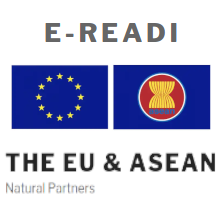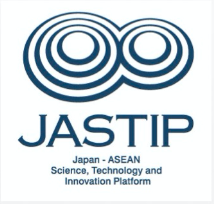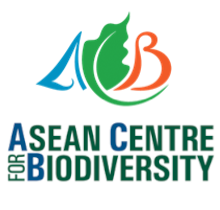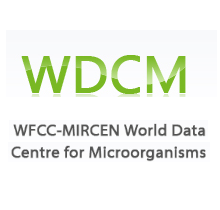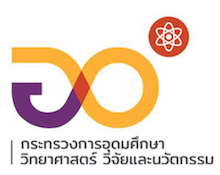The core of AmiBase is microbial diversity data which have been systematically gathered from microbial culture collections in ASEAN countries, academic publications and reports, and public diversity databases - such as Catalogue of Life, the Global Biodiversity Information Facility (GBIF) and BioProject of the National Centre for Biotechnology Information (NCBI). AmiBase also includes microbiome data and an analysis platform in order to help scientists and researchers to gain relevant knowledge about ASEAN microbial diversity.
The AmiBase project was initiated by Thailand Bioresource Research Centre (TBRC) and supported by ASEAN Science, Technology and Innovation Fund (ASTIF), under the collaboration of AnMicro (ASEAN Network on Microbial Utilisation).
Microbial diversity
Southeast Asia is one of the global biodiversity hotspots, teeming with rich and diverse microorganisms that serve as biotechnological resources. AmiBase help consolidates the microbial diversity data in the region which are instrumental in microbiological research.
Metagenome and Microbiome
By integrating microbiome data, AmiBase can extract microbe-microbe or microbe-habitat relationships and present them via an interactive visualization. AmiBase also provides an analytic tools which can compare microbial species and microbiome structures against the references in the database.
Microbial Genomes
With troves of genomic sequence data in public databases, AmiBase collects and compiles the genomic and gene marker sequences of ASEAN microbial species. The bioinformatic tools are applied to create online identification tools for ASEAN microbial species.
From Data-Driven Microbiologists to Microbial Innovation-Driven Companies
In the era of data-driven science, AmiBase as a research infrastructure is crucial for researchers and scientists to widen the frontiers of their knowledge to unlock the potential of microbial resources and technology in Southeast Asia. AmiBase, from the very beginning, plans to bring together the ASEAN microbial culture collections and research institutes regardless of the country boundaries. As of today, AmiBase has globally extended the collaborative connection to other microbial networks, namely the pan-European Microbial Resource Research Infrastructure (MIRRI) through Enhanced Regional EU-ASEAN Dialogue Instrument (E-READI) and Japan-ASEAN Science, Technology and Innovation Platform (JASTIP) through JASTIP-net.

